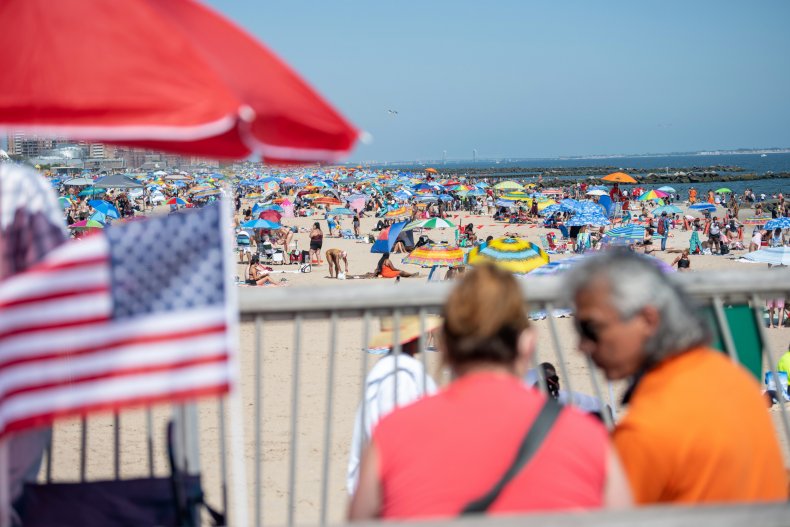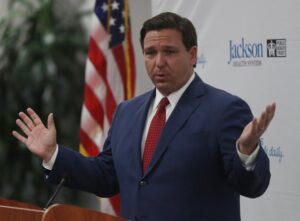Americans this summer are spending much more money while saving much less compared with 2020, but two-thirds of U.S. adults say they are enjoying not feeling obligated to attend or put money toward social gatherings.
As much of the country continues to ease back into pre-pandemic dining, teaching and traveling norms, 66 percent of Americans say they are currently experiencing the “joy of missing out,” or JOMO, on such activities. A new MassMutual survey asked 1,000 Americans and 250 U.S. office workers about their July 2021 personal finance habits compared with one year ago as well as their feelings about returning to pre-COVID-19 routines. And while 51 percent Americans said they have a persistent “fear of missing out,” or FOMO, a sizably larger majority say they’re enjoying the time away from others to pursue their own personal interests and activities.
Two-thirds of American respondents said their current “joy of missing out” is guiding their personal finance decisions more than vacations, workplace commutes or any other pre-pandemic activities this summer.
The survey found a significant rise in many activities or behaviors that respondents leaned on during the pandemic, including nearly half who said they plan to cook at home more. And 40 percent of Americans said they plan on staying home more in general even after the country one day reopens entirely.
The MassMutual survey found that Americans’ monthly spending has increased by an average of $765 per month this summer compared with the same time last year. Among Generation Z, their average monthly spending has increased an average of $1,016 when compared with 2020 at the height of the country’s COVID-19 public health shutdowns. However, the survey also found that Americans’ personal savings have simultaneously plummeted.
Despite JOMO outpacing FOMO in terms of what Americans overall are spending money on this summer, the survey revealed that younger Americans are far more prone to experiencing the latter.
Ninety percent of Gen Zers say that social media has influenced their decision to direct their spending toward vacations or other means of getting out of the house. Eighty-five percent of these same young adults reported experiencing FOMO this summer, while about half of older Americans feel the same. About half of parents of children in K-12 schools said they expect to spend more money on back-to-school shopping this year compared with 2020.
Sixty-eight percent of millennials in the workforce said they will now expect more flexible in-person office hours compared with their pre-pandemic work routines.
“As Americans navigate the constantly evolving COVID environment, they’re also recalibrating their financial lives to prepare for new costs, shifting priorities and changes to their personal and professional lives,” said Mike Fanning, head of MassMutual U.S., in a statement published Tuesday.
Newsweek reached out to MassMutual’s survey organizers for additional information Tuesday afternoon.
ALEXI ROSENFELD / Staff/Getty Images



















